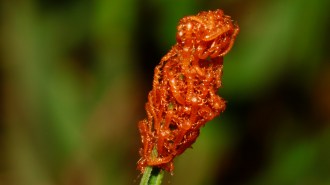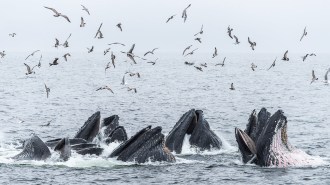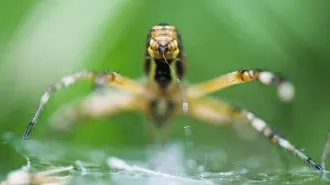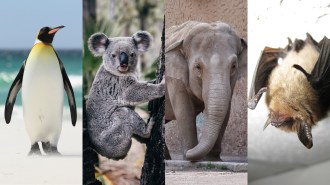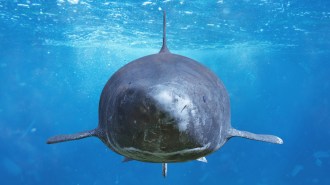Kinship by itself can’t explain the vigilante justice of some ant, bee, and wasp workers, according to a new analysis of colony life.
In a classic social-insect colony, laying eggs is the job of the queen or queens, though in many species, the workers occasionally lay eggs too. In a practice known as policing, other workers, which are all female, often destroy their nestmates’ eggs or even attack a fellow worker caught in the act of egg laying.
Because they are unfertilized, eggs laid by workers and that do hatch only yield sons. That has led many researchers to a potential explanation for egg policing: The workers who do the killing are more closely related to the queen’s sons, which are their brothers, than they are to their nestmates’ sons, which are nephews.
To test the power of that explanation, Robert L. Hammond and Laurent Keller of the University of Lausanne in Switzerland analyzed colony observations and genetic data from their own studies as well as from those of other researchers. Together, the studies covered 50 species of ants, bees, and wasps.
Kinship patterns leave a lot about egg policing unexplained, the researchers conclude. For example, in species with conditions that promote high aunt-nephew relatedness, such as those with only one queen that mates with only one male, kinship theory predicts that workers should bear most of the sons. Yet in 30 of the 43 such species in the new study, the workers produced less than 10 percent of the males.
The critique “does not amount to saying the kin structure is unimportant,” Hammond and Keller say in the September Public Library of Science Biology. But it does suggest there must be other biological drivers behind such acts of intracolony violence. The researchers suggest the practice could increase the colony’s overall reproductive efficiency.



